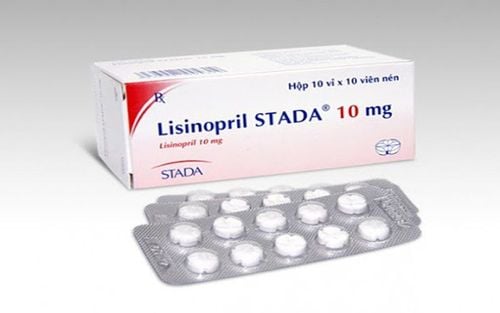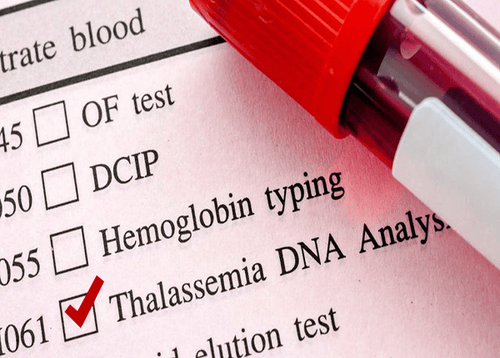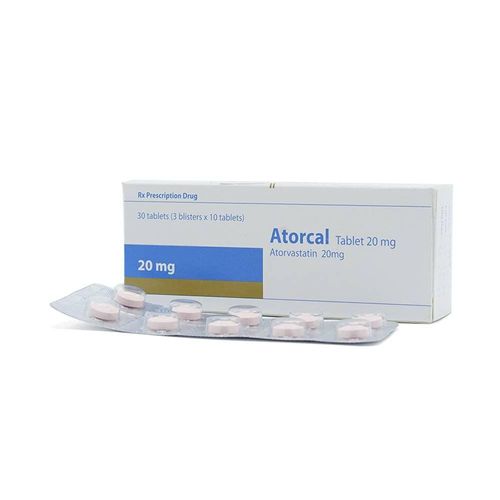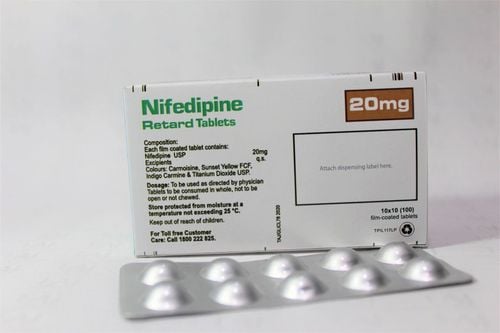This is an automatically translated article.
The article is professionally consulted by Master, Doctor Bui Tien Dat - Emergency Medicine - Cardiology - Emergency Resuscitation Department - Vinmec Hai Phong International General Hospital. The doctor has more than 12 years of experience in the field of emergency resuscitation - cardiology.1. What is the troponin T test?
Troponin T (TnT) is a component of the contractile apparatus of cardiac and skeletal muscles. TnT derived solely from cardiac muscle (molecular weight 39.7 kD) was markedly different from skeletal muscle. Due to its high histological specificity, troponin T is a myocardial-specific marker and is highly sensitive to myocardial injury.The troponin T test is an in vitro immunoassay for the quantitative determination of cardiac troponin T in human serum and plasma. Currently, hs- troponin is quantified by Roche Cobas E immunoassay using ECLIA electroluminescence immunoassay with two specific monoclonal antibodies directed against human cardiac troponin T.
Because of its good predictive value, the troponin T test has been suggested to measure in patients with:
Chronic renal failure, TnT is often elevated in patients with pre-peritoneal dialysis chronic kidney disease. , is elevated before a cardiovascular event occurs. Short, medium, and long-term prognosis is possible for patients with coronary artery disease. Identify patients who would benefit from antithrombotic therapy.

Chest pain Shortness of breath Rapid heartbeat Dizziness Fatigue Do not use alone results in elevated troponin levels to diagnosis of heart failure. Symptoms should be combined with other functional investigations such as physical examination or electrocardiogram (ECG). From there, it is possible to diagnose, make treatment decisions and appropriate methods.
2. Causes of changes in troponin T . levels
Normally, troponin T levels are measured in nanograms per milliliter of blood (ng/ml). Troponin T levels are as follows:Normal: less than 0.04 ng/ml Possible heart attack: above 0.40 ng/ml Results between 0.04 and 0.39 ng/ml usually give see you have problems with your heart. However, some normal healthy people still have troponin T levels higher than 0.04 ng/ml. So, if the results fall within this range, your doctor may check for other symptoms and order further testing before making a diagnosis.
Very high levels usually suggest a person has had a heart attack, which can happen if blood supply to the heart muscle is suddenly blocked, possibly leading to a heart attack.

Some causes of elevated troponin T levels may include:
Sepsis, a heart infection that is a serious and potentially life-threatening reaction. Heart failure, kidney failure or chronic kidney disease. Injuries related to chemotherapy Pulmonary embolism, myocarditis, coronary artery disease. Heart damage from stimulant drug use, such as cocaine. Trauma such as from a sudden, hard blow to the chest. Low troponin T levels may be observed in clinically stable patients such as: ischemic or non-ischemic heart failure, renal failure, sepsis and diabetes, myocarditis, muscle contusion heart disease, pulmonary embolism, drug-induced cardiotoxicity.
3. Treatment after troponin T . test
Treatment should focus on finding and addressing the underlying cause of the change in troponin T levels. Very high levels of troponin T often suggest that a person has recently had a heart attack. Effective treatment of a heart attack depends on whether the blockage of blood flow to the heart is partial or complete.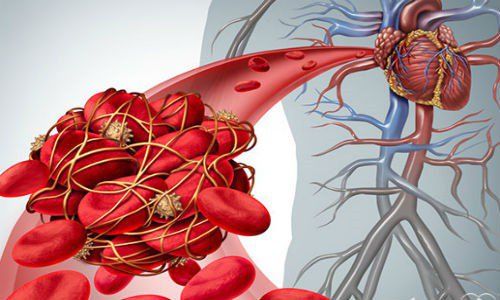
Common treatments for a heart attack include:
Blood thinners Angioplasty; stent placement Aortic-coronary bypass surgery. Selective removal of certain areas of the heart with radio waves To prevent further heart attacks, lifestyle changes such as quitting smoking, weight loss, exercise, and a healthier diet are needed. Treatment for high troponin T levels depends on the cause. For people who have had a heart attack, prompt and timely treatment is needed to revascularize the heart. Troponin T test to evaluate whether there is damage to a person's heart. Additionally, higher than normal troponin T levels can also indicate injuries and other conditions affecting the heart.
Currently, Vinmec International General Hospital deploys Cardiovascular Screening Package - Basic Cardiovascular Examination. The examination package helps to detect cardiovascular problems at the earliest through tests and modern imaging methods. The package is for all ages, genders and is especially essential for people with risk factors for cardiovascular disease.
If you have a need for consultation and examination at Hospitals under the national health system, please book an appointment on the website to be served.
Please dial HOTLINE for more information or register for an appointment HERE. Download MyVinmec app to make appointments faster and to manage your bookings easily.





